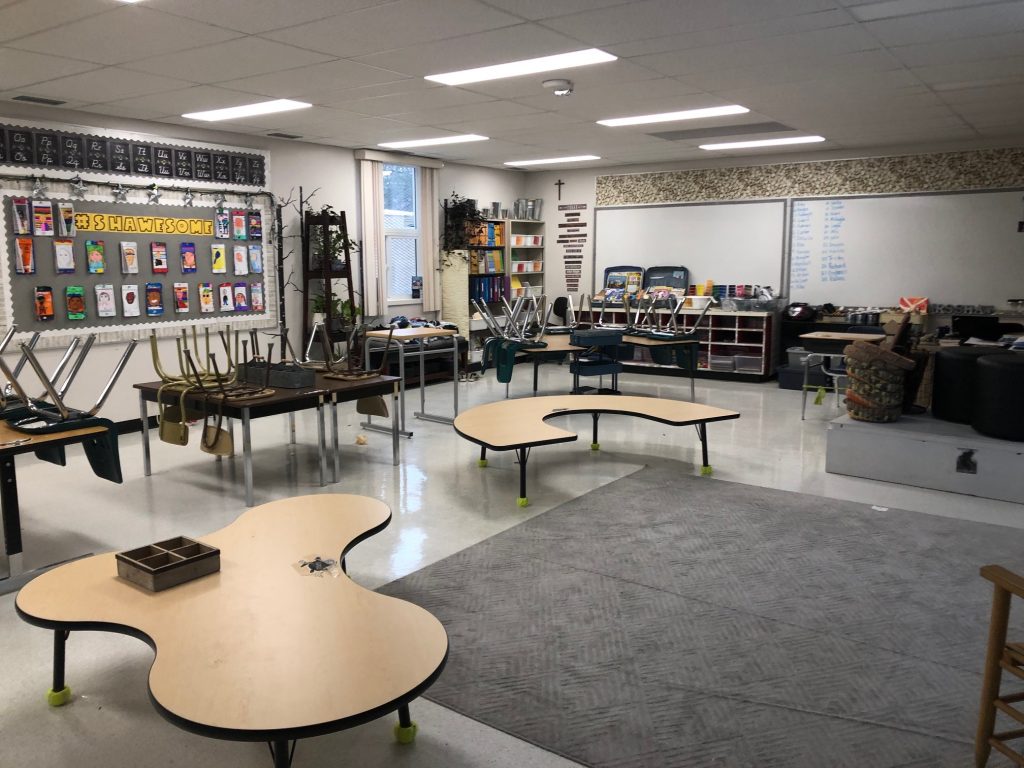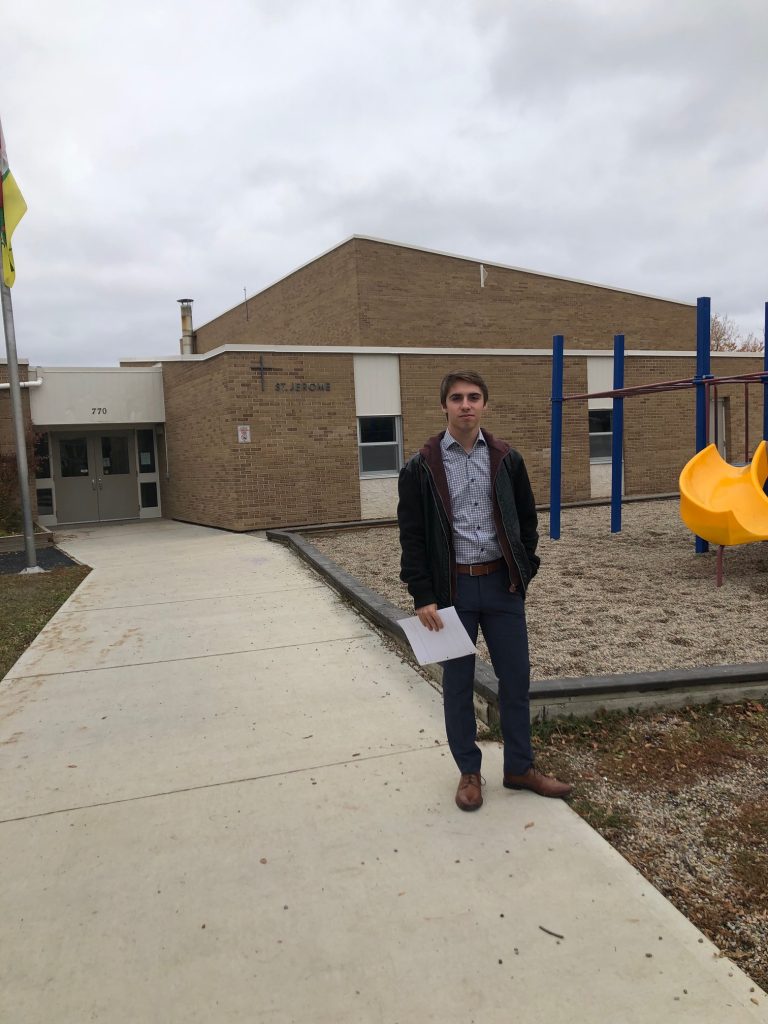For aspiring educators, tackling curriculum can be difficult. For many, curriculum is the formula for the classroom: what you teach, when you teach, and what resources you use to teach these topics. Young educators may not understand this, but there are systems that have been in place for a substantial amount of time that have dictated how educators work with the curriculum. One such ideology is the Tyler Rationale. The Tyler Rationale is quite interesting and is outlined in the article Curriculum Theory and Practice by Mark K. Smith. Smith describes multiple ideologies of curriculum, however the focus for today is the Tyler Rationale.
For most of my time in grade school, I was unaware I was apart of a system that could be related to a ‘assembly line’. Only in my last few years was I aware of the process I was apart of, but I did not know it by name. Now with a greater understanding of the system I was apart of, it is much clearer as to why many teachers I had talked with wanted change in the fundamental aspects of schooling. Many former teachers wanted to move away from stringent testing and percentages, as these quotas and requirements did not show real student understanding, it showed how well a student could regurgitate information as well as memorize content. Many students chased percentages and marks, and this led to some former classmates cheating heavily to achieve these marks. The Tyler Rationale puts emphasis on scoring, and it is becoming more abundantly clear that scores are not what should be placed at the forefront anymore. Understanding and comprehension are being left at the wayside for favourable performance reviews, which should be deemed as unacceptable, as it would be deemed this in a workplace, which is what the Tyler Rationale was designed to prep its students for.
The biggest drawback to the Tyler Rationale is how it leaves context out and has a ‘teacher proof’ curriculum and emphasizes performance and retention over understanding and comprehension. With this in place, teachers are unable to or are highly discouraged from pulling from learned experiences and are theoretically less equipped to help students. By removing context there is no way to adapt a curriculum to a circumstance that is outside the norm properly, creating diminished versions of a school system that many agree needs improvement upon. With a pursuit of marks, the Tyler Rationale forgets that children and students are not fully formed adults, and need careful help to develop, and typically do not function as well in an assembly line system.
So, what does the Tyler Rationale do well? For one, the system allows for content to build upon itself as a student advances, allowing the student to potentially master topics, exercises, etc. Structure is also a key point in the ideology. Without structure, many students become lethargic, lack focus, and quit caring about studies. The structured system allows students to follow a rhythm and schedule, allowing them to follow routines and learn skills such as time management and prioritization, as students can observe a schedule during the day and replicate it to a certain degree at home for work allocation and time frames, or even when planning something unrelated to studies and work. While the Tyler Rationale may be flawed, there is still some good in it, as is the case with many education philosophies and ideologies. To conclude, while the Tyler Rationale is flawed and needs an update, there are some good practices that come from it, and it would be a mistake to say that the ideology is entirely flawed, because it is not. While it is not preferred, or at least by many, it is still a foundational piece of framework and its influence is undeniable. The best way forward for educators is through a path that learns from what we have in place now and creates an all-inclusive goal to eventually, and hopefully, replace the flawed system we have at this point in time, because curriculum affects all of us, and should work for those involved in it, not against them.

